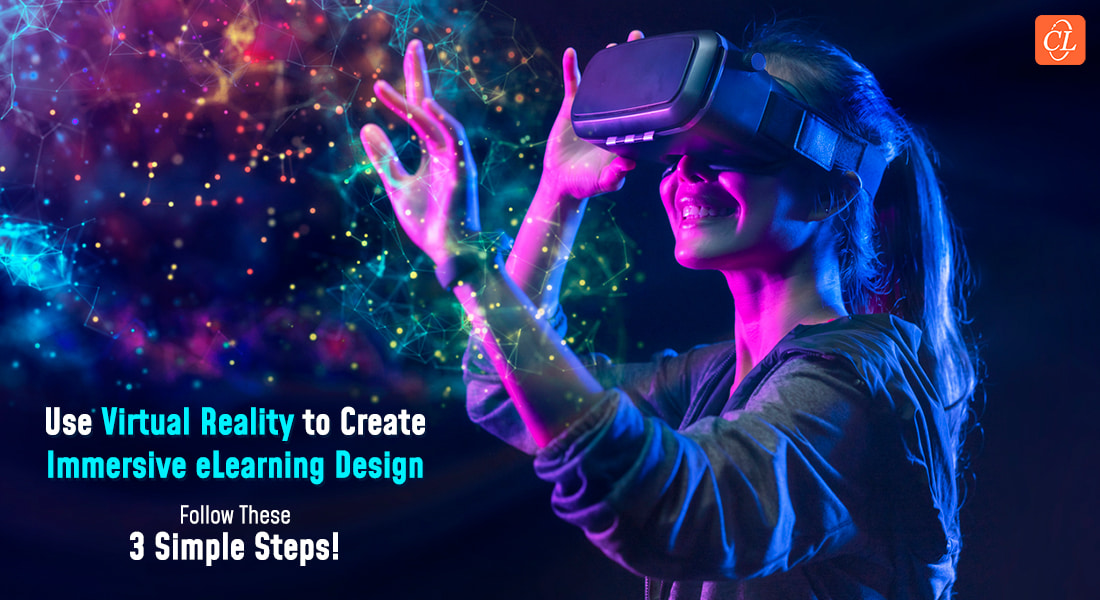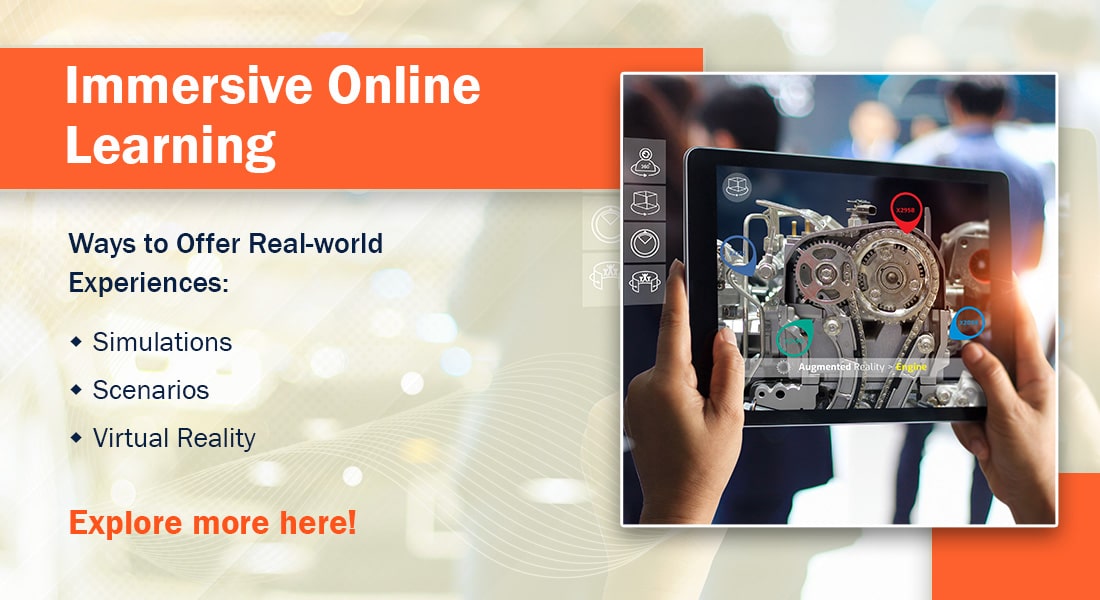7 Amazing TED Talks Every Learning Professional Should Watch in 2019!

‘Ideas worth spreading’, reads the tagline of TED, a non-profit devoted to spreading ideas in the form of short, powerful videos. As learning professionals, you might be on the constant hunt to make learning better each time you deliver it.
7 Must-Watch TED Talks for Learning Professionals
- The First 20 Hours – How to Learn Anything, by Josh Kaufman
- The Super Mario Effect – Tricking Your Brain into Learning More, by Mark Rober
- How Augmented Reality Will Change Education Completely, by Florian Radke
- Organisational Learning through Gamification, by Leif Sørensen
- Do Schools Kill Creativity? by Sir Ken Robinson
- 3 Rules to Spark Learning, by Ramsey Musallam
- The Puzzle of Motivation, by Dan Pink
Here are 7 of the best TED talks over the years, which will definitely provide solutions for a few of the challenges you might face when delivering training. Watch them and you will realize the tagline is no bluff indeed.
7 Must-Watch TED Talks for Learning Professionals
1. The First 20 Hours – How to Learn Anything
By Josh Kaufman
| “The major barrier of learning anything new is not intellectual. It’s emotional” |
How long does it take to move from being totally unaware to being reasonably good and acquiring mastery at something new? According to various researches – 10,000 hours. But Josh Kaufman, the author of three best-selling books says, all it takes is 20 hours. Or less. All you need is “focused deliberate practice into that thing.”
In this TED talk, Kaufman offers a 4-step systematic approach to acquire any new skill rapidly:
- Deconstruct the skill
- Learn enough to self-correct
- Remove the practice barrier
- Practice at least 20 hours
Well, such theories are heard quite often, aren’t they? But there’s a certain doubt that creeps into our minds each time we hear such theories. Do they really work when we put them into practice? Kaufman makes sure this doubt is erased from our minds by talking about his own personal experience of learning to play the ukulele following the 20-hour rule.
Watch the video here: https://www.youtube.com/watch?v=5MgBikgcWnY
2. The Super Mario Effect – Tricking Your Brain into Learning More
By Mark Rober
| “The trick to learning more and having more success is finding the right way to frame the learning process” |
We constantly hear failure is okay, yet most of us fear it. You might have come across several situations while training, where employees tend to lose focus or motivation as they constantly fail to understand or grab the subject. Well, it’s time to get past that.
Mark Rober, a former NASA engineer and a current YouTube personality used a basic coding challenge to test 50,000 of his YouTube subscribes. The final result collated from the data led to the coining of a new term, ‘The Super Mario Effect’, a strategy that will aid in effective learning.
In this entertaining TED talk, Rober explains the impact of failure in the learning process and how to move forward, forgetting all about the shame and dealing with it using the Super Mario Effect.
Watch the video here: https://www.youtube.com/watch?v=9vJRopau0g0
3. How Augmented Reality Will Change Education Completely
By Florian Radke
| “All of us are 3D creatures our brain is the most powerful 3D computer in the World” |
Creating a learning experience that is engaging and immersive is one of the primary goals of every training professional. What else can be more immersive than Augmented Reality and Virtual Reality?
Florian Radke, a communication expert in ‘META’, one of the leading companies at the forefront of designing AR technologies, talks about the various ways AR can be implemented to create a positive force in education.
He believes AR will completely change the way we learn, work, and think, as soon as 2025. In this talk, he takes us through a journey, showing us a vision of how learning will take place in the future using the META 2, the most advanced augmented reality headset in the market.
Watch the video here: https://www.youtube.com/watch?v=5AjxGqzqQ54
4. Organisational Learning through Gamification
By Leif Sørensen
| “…what we give you here is an option of playing around. You could even allow yourself to follow your feelings and instincts as this is a game world” |
Did you know that only 10% of what our employees learn comes from the courses we deliver? Well, this is what the 70-20-10 model of training and development says. 70% of learning comes from job-related experiences, 20% from interactions, and 10% from educational events.
Leif Sørensen, the founder and CEO of a company that develops educational games to make people more engaged and motivated toward learning states, “….70 % of what we learn, we learn from practicing. This is where the value lies, and this is where our tools for change management need to focus.”
This TED talk highlights the importance of practice in learning and how gamification helps in providing the right amount of practice. A game world provides learners the option to practice without fear as it is a simulation of what will happen, thus tying it back to the 70% job-related experience.
Watch the video here: https://www.youtube.com/watch?v=LiD8MZtZDJY
5. Do Schools Kill Creativity?
By Sir Ken Robinson
| “Picasso once said this — he said that all children are born artists. The problem is to remain an artist as we grow up. I believe this passionately, that we don’t grow into creativity, we grow out of it. Or rather, we get educated out if it. So why is this?” |
Every single one of us is afraid of making mistakes. But Sir Ken Robinson, British speaker, international advisor on education, and the author of the New York bestselling work ‘The Element, states “If you’re not prepared to be wrong, you’ll never come up with anything original.”
In this TED talk, Sir Robinson talks about how present educational institutions look at mistakes as the worst thing one can make, thus shunning creativity in students. He says the key is to rethink our views of intelligence. Every single individual has their own way of grasping knowledge. A one-size-fits-all model of learning will not work.
He recalls and shares his conversation with Gillian Lynne, a noted theatre choreographer, on how her parents assumed she had a learning disorder, but later her doctors ended up saying, “Mrs. Lynne, Gillian isn’t sick; she’s a dancer. Take her to a dance school.”
Watch the video here: https://www.youtube.com/watch?v=iG9CE55wbtY
6. 3 Rules to Spark Learning
By Ramsey Musallam
| “…..Student questions are the seeds of real learning, not some scripted curriculum that gave them a tad bits of random information.” |
Ramsey Musallam is a high school chemistry teacher who focuses on expanding curiosity in classrooms by leveraging the power of multimedia and new technology. In this TED talk, he talks about the urgent need for educators to leave behind the simple role of “disseminators of content”. Well, isn’t that what most of us are doing? We set learning objectives and deliver training with the hope employees will understand and retain whatever they are trained on.
However, Ramsey informs that educators need to embrace the role of “cultivators of curiosity”. He provides us with 3 simple rules to spark imagination and learning among learners:
- Curiosity comes first
- Embrace the mess
- Practice reflection
Follow these simple rules and delivering effective training will not remain a distant dream.
Watch the video here: https://www.youtube.com/watch?v=YsYHqfk0X2A
7. The Puzzle of Motivation
By Dan Pink
| “The secret to high performance isn’t rewards and punishments, but that unseen intrinsic drive — the drive to do things for their own sake. The drive to do things cause they matter.” |
Most of us believe that incentives such as bonuses and perks motivate people to work harder or learn better. But are you aware that science does not really agree with this? If you aren’t, you have got motivation all wrong all this while.
Daniel H. Pink, a prominent author, whose four of six books are New York Times bestsellers, explains the right way to motivate employees is by providing them with three key things:
- Autonomy over their work
- A feeling that they can achieve mastery
- A larger sense of purpose
This TED talk mainly focuses on autonomy, providing examples of how various organizations succeeded in motivating their employees.
Watch the video here: https://www.youtube.com/watch?v=rrkrvAUbU9Y
These are just a few of the hundreds of TED talks available on learning and education. Make a start by watching them and make learning better along the way.





